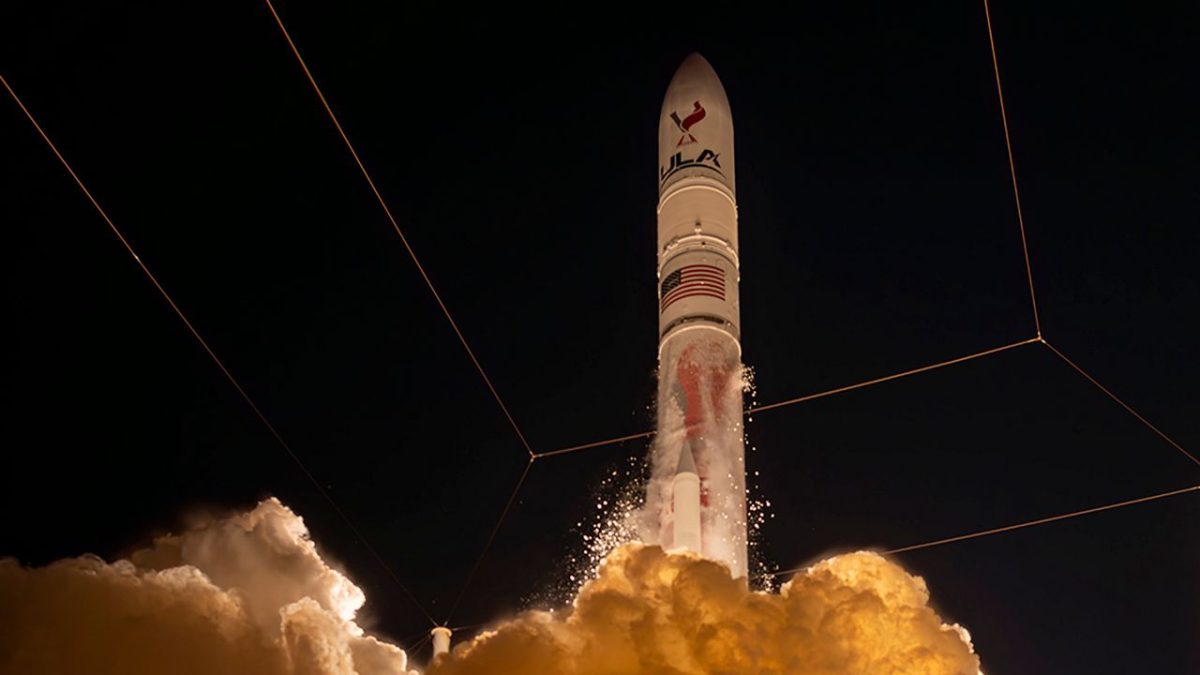Yemen Faces Turmoil
December 15, 2016
The Houthi movement has entered Yemen, and the state has seen drastic changes. The roots of the movement rose from the faulty political transition that was supposed to bring Yemen more stability, and to relieve power from Yemen’s authoritarian president, Ali Abdullah Selah. The Houthis are a religious-political movement from northern Yemen that has fought the government and president inconsistently since 2004. In 2014, Houthis relationship with the Yemen government were mended, and with the help of president Ali Abdullah, they took control of the capital and much of the north.
The Houthis now have full control of Yemen, which has further complicated the United Nations (UN) efforts to subdue conflict in the Arab world. Yemen, being one of the poorest countries in the Middle East, has attained a lot of aid in negotiation deals between the conflicting political parties. But on the UN’s fourth attempt at mediating a deal, the hostility and violence between each side has gravitated to an all-time high.
The announcement of the newly formed government has greatly angered Saudi-backed rivals, and the political and moral stance of the new government has only been addressed in a vague quote from officials.
“All walks of the political spectrum who are anti-aggression [are a part of the government],” said the Sabas news agency (Houthi-run state television).
The actions of Saudi Arabia have been seen as controversial to an abundant amount of media sources in the western world. On all sources though, people agree that the civilians are not safe, and the safety of the people is paramount.
Saudi Arabia had earlier claims of supporting the Yemen president, but since 2015 there has been thousands of devastating air strikes. With 10,000 civilian deaths, a concern for mass famine, and over three million misplaced, the UN has made improving the conditions of Yemen control a priority; with past attempts and new claims from the government, the complexity of the issue and the need for a resolution rises.
With outside states offering their resources, the relations of Yemen allies are being strained. Saudi Arabia and its rival Iran both are attempting to help Yemen. This has created an intermediary struggle, and has risen many questions of allegiance.
A spokesman for Hadi’s government, Rajeh Badi, stands against Hadi’s idea that Yemen needs new organization.
“[The announcement showed a] disregard not just for the Yemeni people, but also for the international community.”
With stances built on ethical principles, the passion for movement is especially .




















